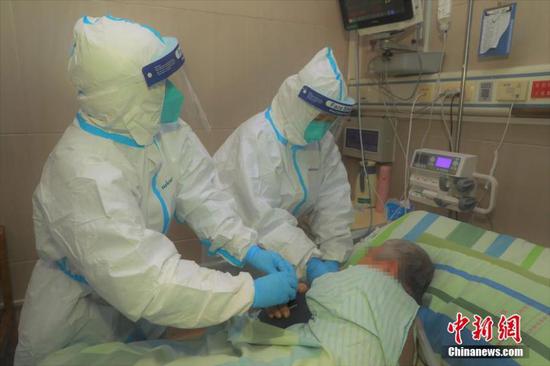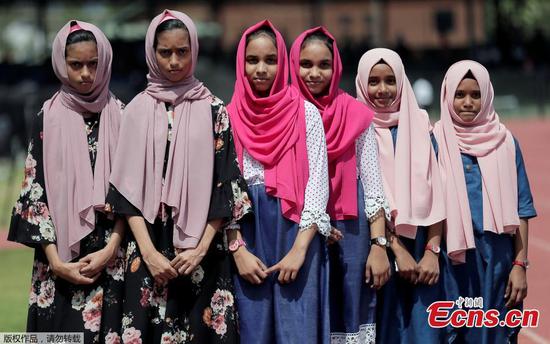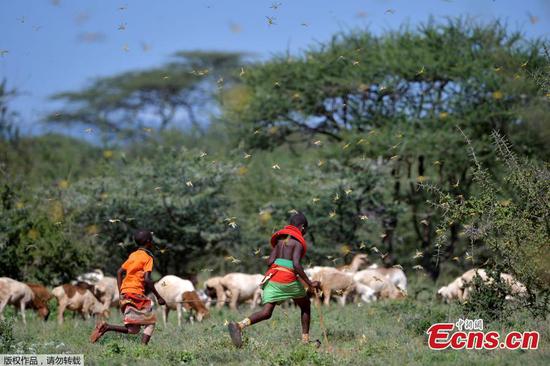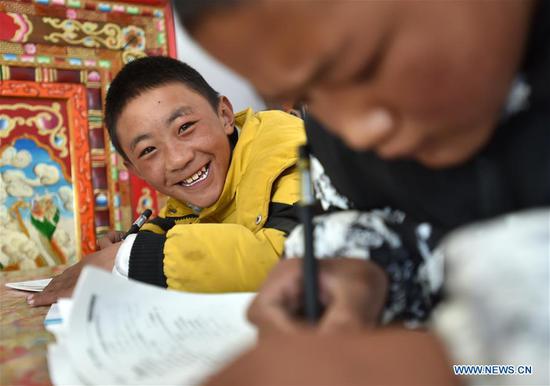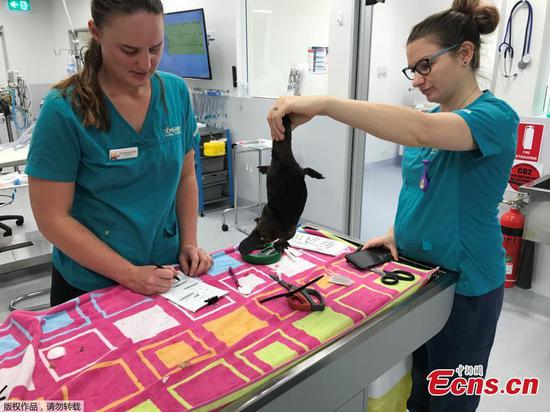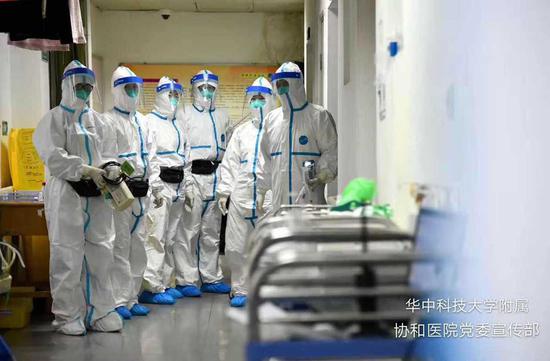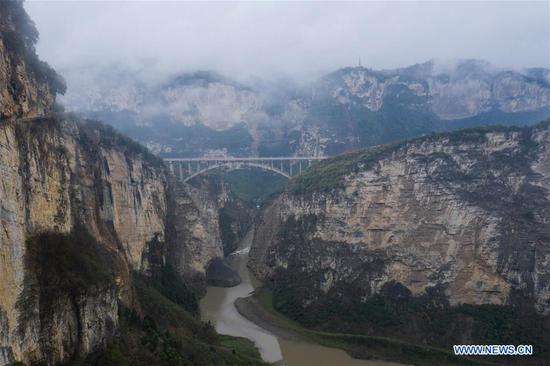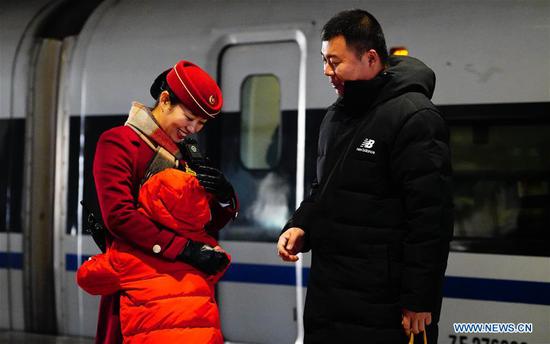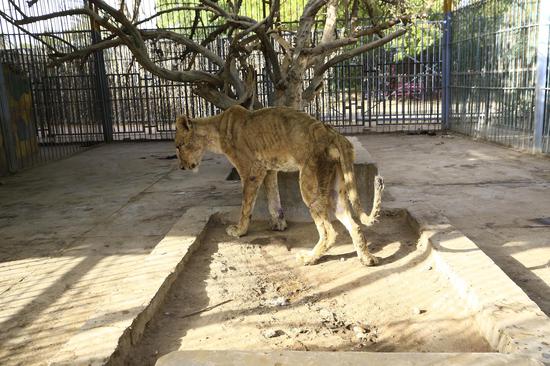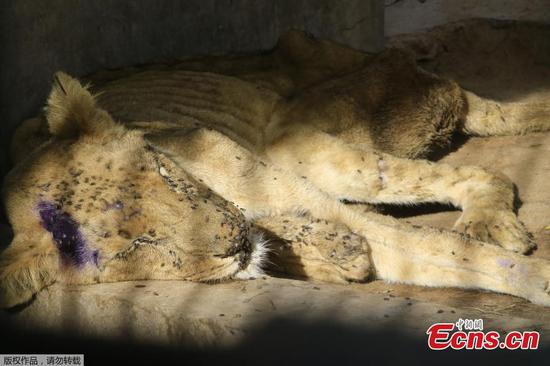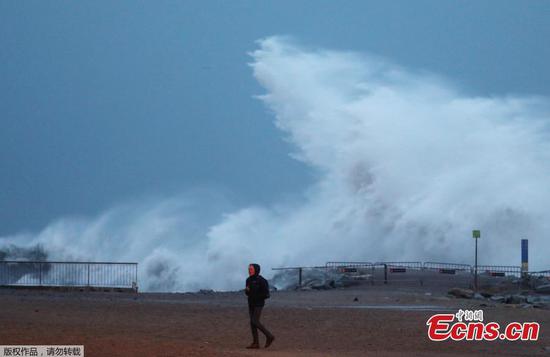World Health Organization officials said that they will delay until Thursday the decision on whether to declare the novel coronavirus a public health emergency of international concern or PHEIC.
Emergency committee members were split 50-50 and will make more deliberations tomorrow.
Members said Chinese health officials gave an extensive presentation on the virus, first identified in Wuhan, China in December 2019. Infections have now been reported in the United States, Japan, South Korea, Thailand, and possibly Russia.
Chinese health officials have reported more than 550 confirmed cases in China with at least 17 deaths.
So far there have been an estimated 4,000 cases of the novel coronavirus, or 2019-nCoV, according to the UK's Medical Research Centre for Global Infectious Disease Analysis.
"[China's] leadership and the intervention of President Xi and Premier Li have been invaluable," said WHO Director-General Tedros Adhanom Ghebreyesu.
The WHO has been providing technical support and sharing critical updates with affected nations with the primary goal of limiting human-to-human transmission, added Michael Ryan, Executive Director of the WHO Health Emergencies Programme.
Ryan also said that the novel coronavirus has not undergone any divergence or mutation.
"All viruses change, anytime someone is infected you see tiny differences, but we're not seeing huge divergences," Ryan said.
The majority of the people infected have been older, male, or have underlying diseases, said WHO Epidemiologist Maria Van Kerkhove.
So far, 64% of the cases have been male, 72% have been over 40, and many have diseases such as diabetes or cardiovascular disease.
Investigators are currently studying the outbreak in Wuhan, in central China.
Environmental samples have been taken at live animal markets to determine if transmission to humans began there, Van Kerkhove said.
WHO committee member Didier Houssin said that the WHO will also give travel recommendations to Wuhan tomorrow.
The WHO's director-general said that China has been fully transparent to the WHO.
"Cooperation and transparency has been very, very commendable," Ghebreyesus said. "If we are going to keep the world safe transparency is No. 1 and what's been happening."
















